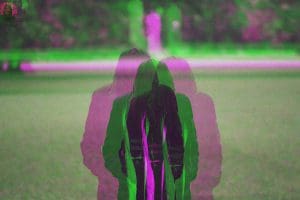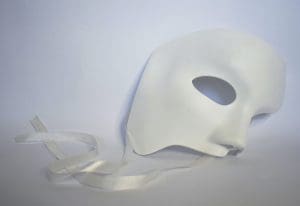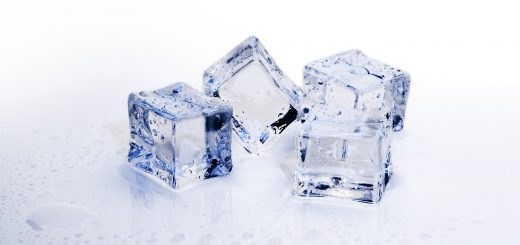Protective Dispositions We Create During Childhood
The blog post includes mentions of childhood trauma. Please read with caution if any of this triggers or upsets you.
 Throughout my studies, I have repeatedly learned about the concept of dispositions and how they relate to (and even arguably create) parts of our personality. The term “disposition” is a tough one to define; it is more than just “a person’s inherent qualities of mind and character,” as defined by the Oxford English Dictionary. Many philosophers, psychologists, anthropologists/sociologists, etc. have long debated what this term means, and more importantly, what it implies for their respective fields. In my own words, a “disposition” is a specific ideology that an individual has carried with them long enough for it to have developed from a mere train of thought, to an inherent part of their personality.
Throughout my studies, I have repeatedly learned about the concept of dispositions and how they relate to (and even arguably create) parts of our personality. The term “disposition” is a tough one to define; it is more than just “a person’s inherent qualities of mind and character,” as defined by the Oxford English Dictionary. Many philosophers, psychologists, anthropologists/sociologists, etc. have long debated what this term means, and more importantly, what it implies for their respective fields. In my own words, a “disposition” is a specific ideology that an individual has carried with them long enough for it to have developed from a mere train of thought, to an inherent part of their personality.
Dispositions can be either beneficial (helpful) or malignant (harmful) to the individual who carries them around in everyday life. For example, a police officer or detective would (hopefully) have a strong disposition to enact fundamental fairness and do good in this world, which would be an example of a beneficial and good-hearted disposition to possess. Conversely, someone who is more machiavellian would likely have a disposition to enact harm, or to take advantage of others, hence how dispositions can also become malignant. But where do these malignant dispositions come from? Are these people just innately evil and bad? Or have they created them as some sort of learned defense mechanism in response to past trauma?
While I am no expert (let me make that clear), I would like to imagine that most of the people we see carrying around these malignant dispositions have created them as a result of some sort of past trauma, and I can speak from experience. One recent development I have made in regards to my own mental health is the realization that I have a number of set, malignant dispositions that stem from childhood, and they were likely built up in my own head as a defense mechanism to protect me from the world around me. I’ve started referring to these as “protective dispositions.”
 I first made this realization about a year ago when I was having a great identity crisis. For as long as I could remember, I tried to be the “tough guy” — I looked up to the antihero, and I made sure that everyone knew of my steely facade. But deep down, I knew I was a good person, and this conflict in my personality always secretly saddened me. I wanted people to know I was good, but trying to be “bad” and “tough” usually paints you in the opposite light. It wasn’t until I became aware of this overarching disposition that I was finally able to start breaking it down. In all honesty, it is probably the most challenging thing I have ever done, and I still grapple with these opposing modes of thought in my head even today.
I first made this realization about a year ago when I was having a great identity crisis. For as long as I could remember, I tried to be the “tough guy” — I looked up to the antihero, and I made sure that everyone knew of my steely facade. But deep down, I knew I was a good person, and this conflict in my personality always secretly saddened me. I wanted people to know I was good, but trying to be “bad” and “tough” usually paints you in the opposite light. It wasn’t until I became aware of this overarching disposition that I was finally able to start breaking it down. In all honesty, it is probably the most challenging thing I have ever done, and I still grapple with these opposing modes of thought in my head even today.
Sometimes, I admittedly still find myself wanting to resort back to Mr. Tough Guy; it’s so much easier to not feel and not deal with your problems than it is to feel and heal from them. But this is the most important thing that we as human beings can do. It’s what makes us human. If we lose sight of our emotions — our sympathy, our compassion, the drive to always do better — we lose sight of our humanity. Keep this in mind every time you feel like throwing in the towel. Take pride in the fact that you’re fighting on the good side of the fight. Never succumb to those negative thoughts. Soon, you will hopefully start to notice a more positive change in your demeanor and overall mental state.
What kind of disposition do you think you give off? Have you thought about which personality traits may be rooted in your childhood experiences and how you grew up?




Recent Comments